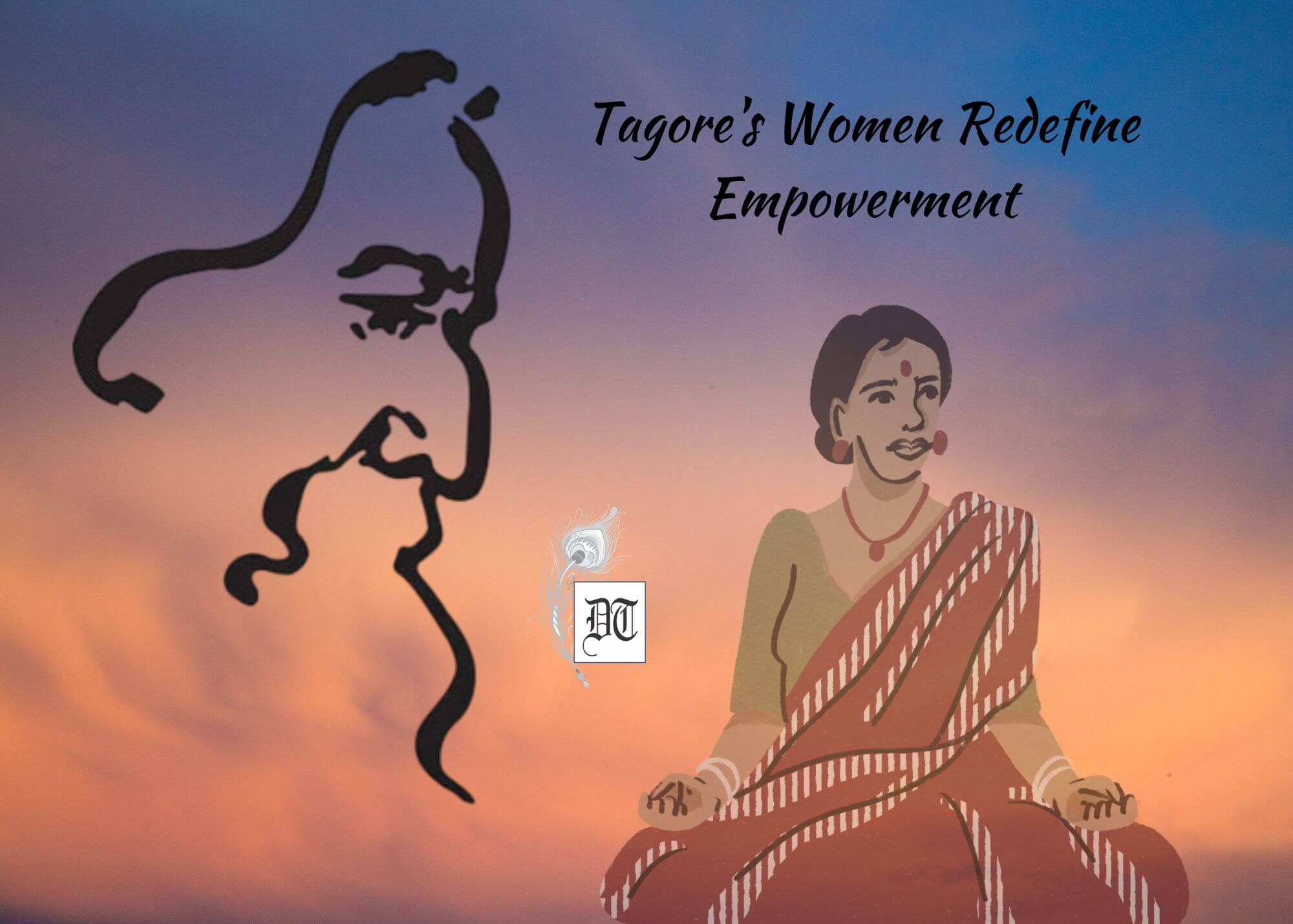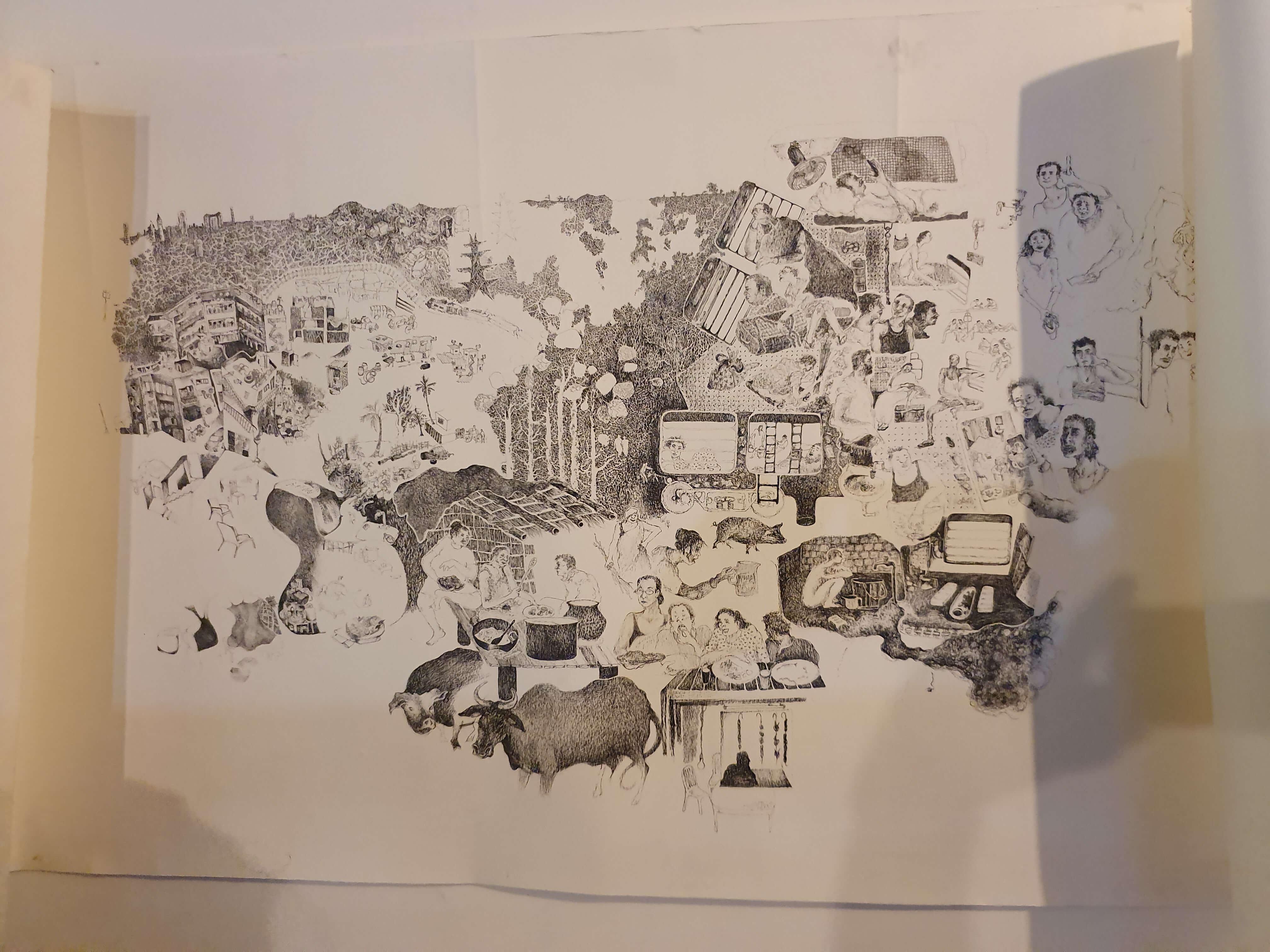Reading Time: 4 minutes
Nazrul roars against the tide, while Tagore whispers revolution through courageous women, both shaping the Bengali literary landscape, reports Ruchira, exclusively for Different Truths.
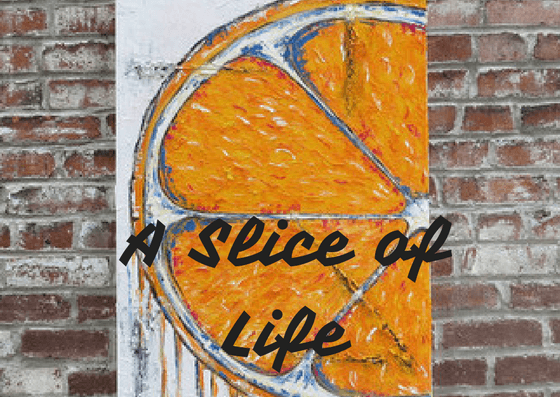
In Bengali classics (literature and poetry), Kazi Nazrul Islam has always been flaunted as a rebel poet. He lashed out at the colonial regime choosing to preach revolution through his poetic works, such as “Bidrohi” (“The Rebel”) and “Bhangar Gaan” (“The Song of Destruction”). Nazrul’s creations explore perennial themes e.g. love, freedom, and revolution. He vehemently opposed all bigotry, be it religious or gender-based. He had an impassioned patriotic attitude towards the British regime. In other words, he gave pride of place to “Man” basking in the glory of unfettered freedom.
On the other hand, Tagore, Kazi Nazrul’s senior by nearly three decades believed that human beings could tap their potential and gain freedom (and fulfilment) using love, knowledge, and liberty; however, towards this end, they needed to foster a direct communion with the “Universal Being.” Tagore revolted against orthodoxy, religious dogma, gender inequality and more, but in a muted, subdued manner, unlike Nazrul who was volatile and outspoken, a firebrand to be precise.
Tagore revolted against orthodoxy, religious dogma, gender inequality and more…
It was, therefore, a pleasant surprise for the music connoisseurs and Tagore aficionados residing in and around the National Capital when a local choir by the name of Swarchhanda staged a dance and music presentation titled Bidrohi Rabindranath in the last month of the year. It was indeed a kaleidoscope of the Bard’s poetry, and short stories, subtly yet dexterously interwoven with a bouquet of soul-stirring mellifluous songs.
While yearning to break free of all earthly shackles the poet seeks divine intervention. Mark the opening song “Aloker ei jhornadharaydhuiye dao…” wherein he prays for the entire world to be engulfed by a deluge of divine light so that our hearts, minds, and souls be cleansed of all the dross. Consider another one “Aamar matha noto kore dao” implying a desire to be free from all negative attributes, ego, and sinful activities. Further, in “Aaaji pronomi tomare cholibo nath” having reached a higher level of existence post-rebellion he surrenders himself to the Lord’s care and guidance.
Tagore voices his spirit and effort to break bonds through several headstrong, courageous female characters…
Now for a more significant and interesting segment. Tagore voices his spirit and effort to break bonds through several headstrong, courageous female characters who appear in his novels and short stories. To begin with, Giribala (Manbhonjon), an affluent, childless housewife is neglected by her husband, who is clandestinely involved with a stage actress named Lobongo. Giribala works quietly to reclaim her identity and avenge her humiliation, eventually rising to the status of sensational celebrity. The husband is petrified!
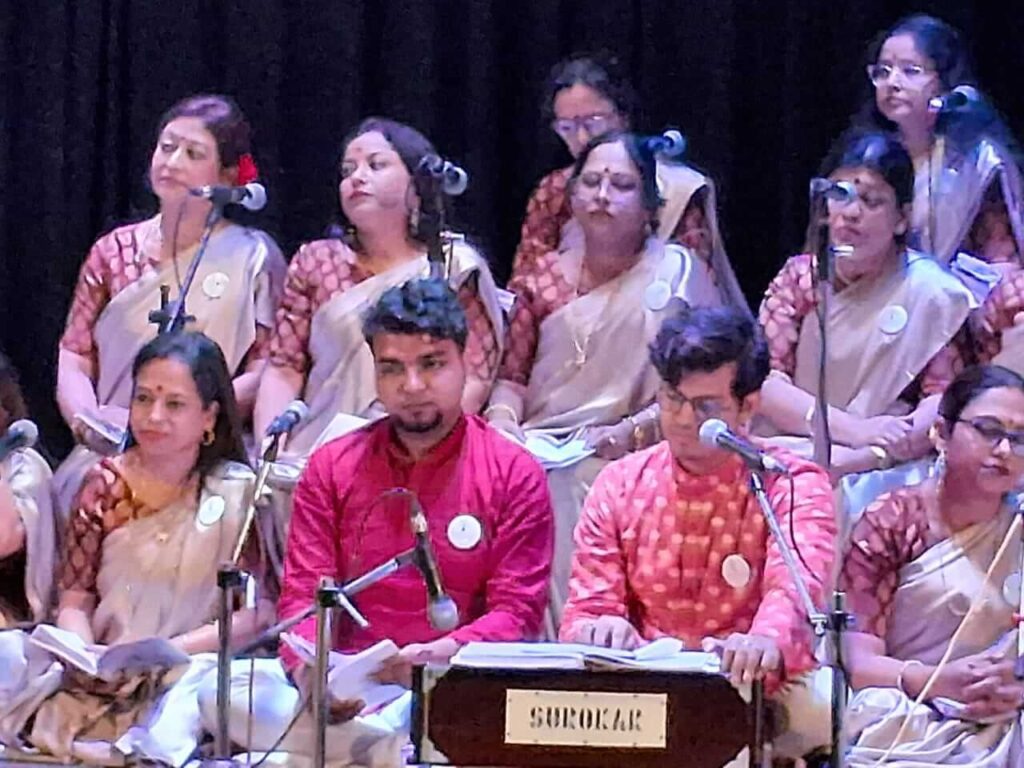
Mrinal, the protagonist of Streer Potro is again a childless lady. During a pilgrimage-cum-holiday in Puri along with her aunt-in-law she picks up pen and paper to write her first-ever letter to her husband, spelling out clearly and emphatically that having lived as a doormat for years, she is now determined to live life on her terms. Hence, she wouldn’t return to her marital home after the trip.
Saudamini the leading lady in ‘Badnam’ is an ardent patriot…
Saudamini the leading lady in ‘Badnam’ is an ardent patriot, in the garb of a dutiful, dedicated wife of a police inspector. She acts as an informer for a group of revolutionaries, artfully duping her husband all the time. The tale ends with her surrender and confession to her spouse: liberty of Motherland was more important than marital bliss.
In the thought-provoking poem, Nishkriti (redemption/salvation) a pre-teen Manjulika is forced into wedlock with an old man, by her bigoted father. Widowed soon afterwards, she returns to her father’s home. Her mother wanted her to marry her childhood friend-turned doctor Pulin. But the father would have none of it. After her mother’s demise, the adolescent girl is virtually a slave in the household while the father has a field day. Suddenly, he decides to remarry. For Manjulika, this is the proverbial last straw that broke the camel’s back. While the old man is away at the bride’s home, Manjulika elopes with Pulin!
In Denapaona (Dowry) the protagonist Nirupama is married to the bureaucrat son of a Raibahadur. Unable to pay the entire amount during the wedding, the hapless father begs for more time. As pressure mounts on the bride, her father sells the family home to raise funds. On learning this, a furious and distressed Nirupama forcibly turns her father away (cash and all) when he arrives at the Raibahadur’s home to hand over the remainder amount. All hell breaks loose when her in-laws discover her ‘crime’. Subjected to mounting torture and agony, the poor girl finally dies of a malnourishment-related ailment.
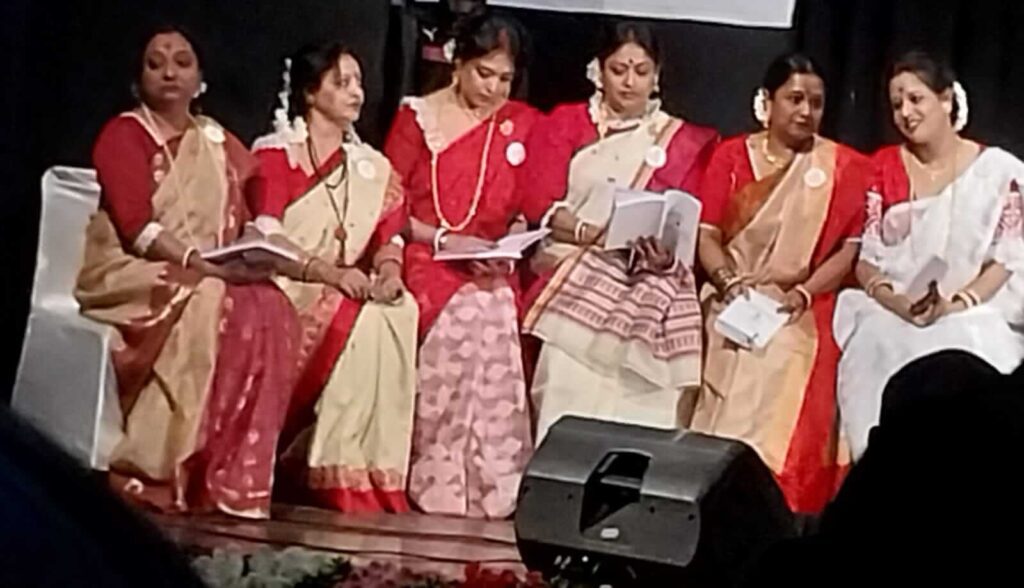
Finally, there is Anandamayee who plays the idealistic and loving mother to a foundling (of Irish parentage) ‘Gora’ in the eponymous novel. She instils liberal views in him. However, when her husband appears hell-bent on imposing dogmatism and bigotry upon the youth she protests vociferously.
Two more rebel songs deserve special mention in this context. One is the immensely popular ditty “Bandh bhenge dao (3)” (Break down all the barriers) which used to be a clarion call for the masses during the struggle for independence.
The segment ended with Jodi tor daak shune keu naa aashey (If nobody heeds your call…stride forward alone). Indeed, the perfect keynote for a rebel. Indeed, one who aspires to gain freedom and usher in winds of change must march alone.
Photos sourced by the author, Feature picture design Anumita Roy

